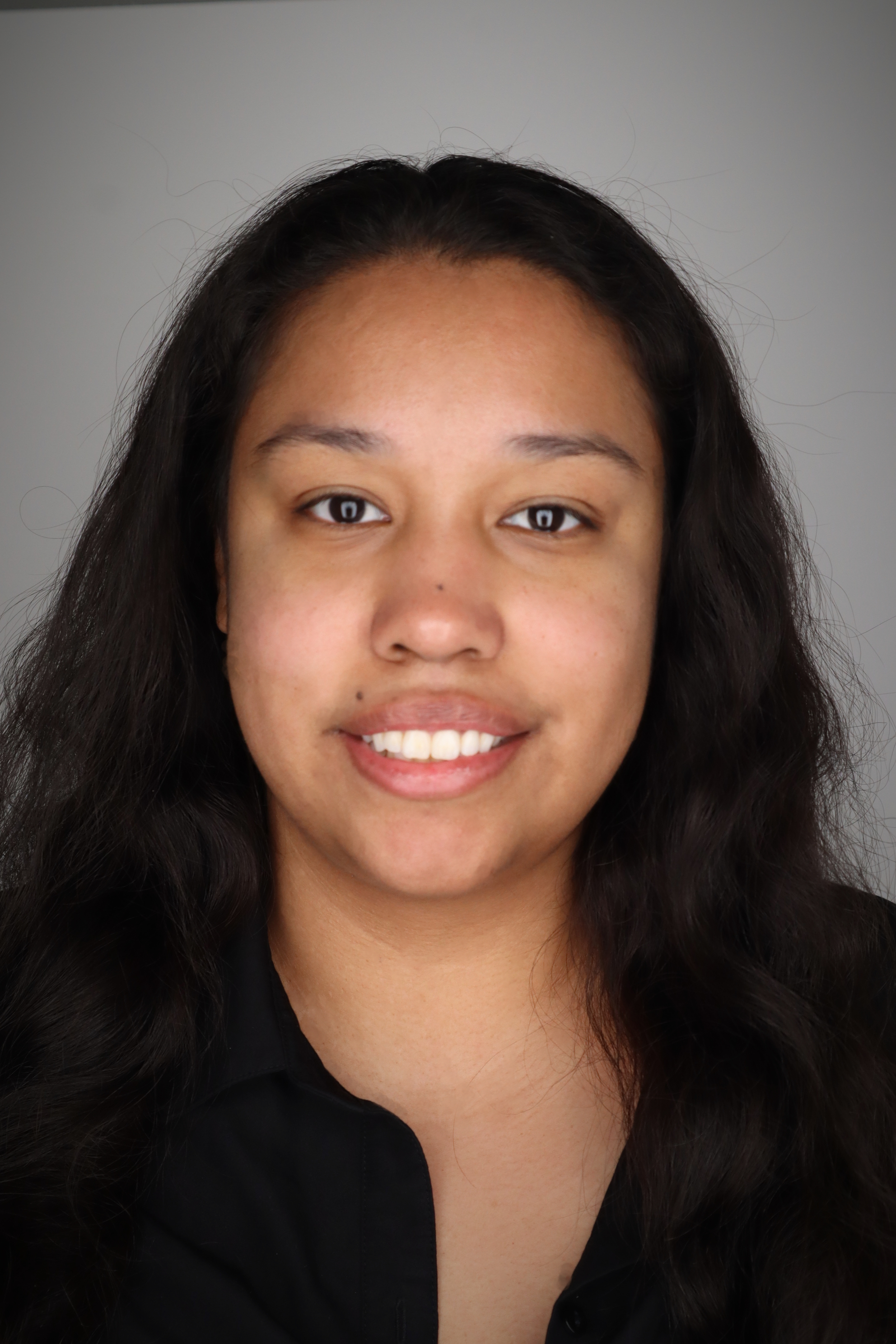
Chrystal Gonzales
"I learned that there are people and whole organizations out there dedicated to figuring out why these things are happening and how to improve people’s lives. "
I was raised in foster care, so I come from a place where you don’t see a lot of growth or community effort.
And I think that experience really let me see the importance of helping out, not just working a job you love to contribute to a greater society, but more on the human aspect. There are little things that can really support a community. I feel like if everyone did little things, it would make everything a lot better.
This isn't how it has to be.
When I was in foster care, they always told us this is just how it is. They’d tell you these statistics with no context, like 90% of all foster children make up the death row inmates in America. They’d just throw these crazy statistics at us. And even at a young age, I was like, the math doesn’t add up!
When I got older, I saw a lot of my friends, these things started happening to them. But I started to volunteer at the Boys and Girls Club, tutoring kids. I used to help with the summer programs. And that helped me to see a lot, that it’s not how life has to be.
I had my son at 19, and I waited until he was school age to go to college. I almost got my associates in computer science, history and social sciences were a whole new world. And it just really opened my eyes to the fact that so many problems are very societal, they're very fixable. They're not necessarily set in stone.
Not only were my suspicions about the math not making sense confirmed, but I learned that there are people and whole organizations out there dedicated to figuring out why these things are happening and how to improve people’s lives. There’s hordes of people out there, nationwide, globally, locally, everywhere, trying to solve it.
I spent my whole life wondering about these things, and now it’s like, here are the tools, run with it. So that really got me excited about policy - local, federal, global - and how things trickle down and how we experience everything.
Now I’m at school for education at the University of Washington, and I'm working with NextGen through the Volcker Alliance to figure out how to be a part of educational reform. I think education is a really strong basis for a lot of the problems that we have, whether that be emotional, equitable, or economic.
Growing up in foster care, I felt like I didn’t have a culture.
We didn’t have like, oh this is the type of food we make for parties. Now, I feel like I am representing foster kids or kids that didn’t have parents growing up, the reality of not having community and not having people. Every time someone asks me about who I am or what community I represent, I can tell them these things about growing up in foster care. And it really helps, not only in the community sense, but in long-term healing.
For kids growing up now in foster care like I did, it’s really hard to keep believing there’s a decent world out there. I know not every foster kid can be helped, but the day will come when you turn 18 and you’ll be in a whole world all by yourself. I would tell these kids that there are opportunities, there are people, if you are willing to keep the dream alive.
I volunteer a lot, for many different organizations. Everyone needs volunteers.
I’ve volunteered with the local community emergency response team (CERT). Through that, I took a course on volunteering and then some courses with FEMA and Homeland Security. And I became a trainer through that, and I’ve been able to teach different members of the community. In South King County, most of the homes don’t have fire alarms or carbon monoxide detectors, because it’s not required. So we spend afternoons going around and installing smoke detectors.
I'm the secretary for the School of Education for this new upcoming academic year. I volunteered for future teachers among high school students, as part of the Jump Forward Initiative. I’ve helped out with the diversity commission at our school. I volunteered at the King County Housing Authority to help get information out about different programs. At my son’s school, I'm a member of the PTA as their financial person, but I also like to just show up to help with anything.
There are so many things you can do as an educator.
As an educator, you can be involved in local policy, you can be involved in federal policy. I want to teach for the next 5-10 years, and I would also really like to work in either the district office or the office of government accountability focusing on policy reform. You’ll never get bored in that type of work, because every time you reach a solution, you just pick up the next problem, right? And keep running with it.
Eventually, I want to be a university professor, either history, economics, law or policy. Helping the next generation navigate life in the next 40 years.







